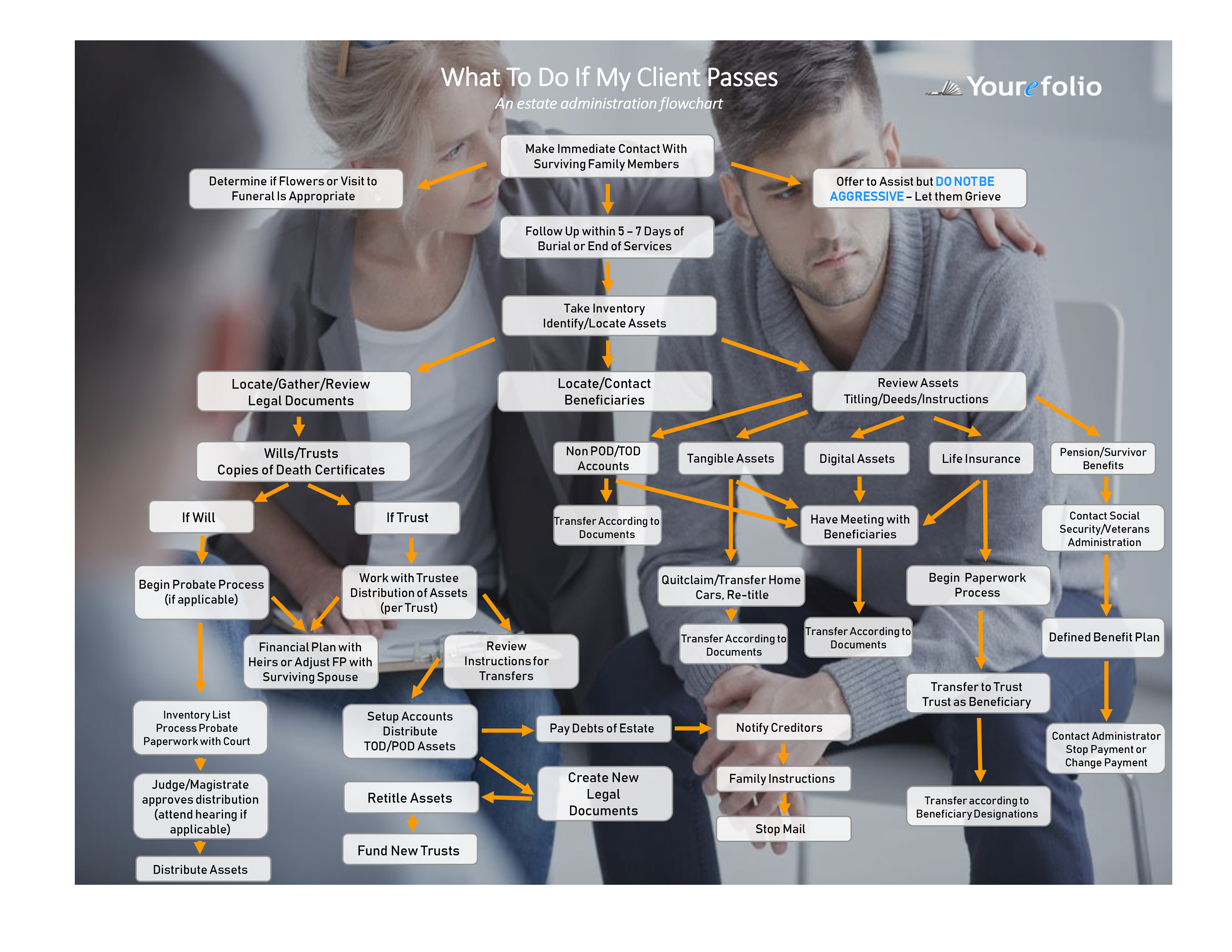
Passing off mundane tasks to technology frees up your valuable time to meet with more clients, build deeper (and perhaps multi-generational) relationships, and even grow your book of business that may have once seemed at capacity. Jun 19, 2018 By Tom Burmeister In the era of robo-advice, advisors now find themselves competing with the low-cost and easily accessible nature of automated investing. Many understand that the new age of financial advice rooted in technology is here to stay. However, as the industry rapidly changes, it can be challenging to adapt without feeling as if your firm is boiling down its robust service offerings to a simple online portal. With more than 64 percent of high net worth individuals expecting their advisor relationship to be mostly or entirely digital in the future, there are clear reasons why advisors need to implement client-facing technology. Doing so will add value into an advisor’s practice where robos tend to fall short. Amplifying touch points When it comes to client communication and satisfaction, advisors have traditionally used different “touch points” to measure their communication with clients. Communication methods are ever evolving, but advisors generally communicate and work differently with younger, less affluent clients than they do with high-net-worth clients who are more financially sophisticated. Technology enhances those touch points and gives you the ability to interact more frequently and efficiently with clients who have simple questions—making you an indispensable part of their financial life. However, it is important to understand technology is not a replacement for those in-person meetings and phone check-ins. Dedicating time to valuable clients is a huge commitment, and while still important, it is much easier to engage with all levels of clientele with a compelling digital experience. Creating efficiencies While financial planning technology often focuses on the client—which is essential—advisors tend to forget the value tech tools can bring to them. We know, above anything else, that technology is an enabler. Data aggregation tools and back-end development of integrated platforms greatly reduce the menial tasks that used to be par for the course. Passing off mundane tasks to technology frees up your valuable time to meet with more clients, build deeper (and perhaps multi-generational) relationships, and even grow your book of business that may have once seemed at capacity. Bolstering relationships For better or for worse, society has come to expect instant gratification. Traditionally, paper-based client reports and annual meetings worked for financial planning, but clients now expect a digital solution that shows them in real time whether they are on track to meet their goals. Having an integrated tech stack allows clients to see their holistic financial plan at work, if they are on track, and reinforces the confidence that their advisor is working toward the agreed upon strategy—rather than waiting for that quarterly or annual meeting. This also allows in-person meetings to be more about relationship building than running through the numbers. Advisors may believe that their processes and procedures, without technology, are just fine. Many think their clients do not want it, and thus do not want to invest the money and time to learn it. In addition, they fear technology will detract from the relationships they have spent years building, and I certainly understand these pain points. However, the way an advisor communicates the value of adopting tech and making a technology transition makes all the difference. Try introducing the idea in an in-person meeting, or bring it up at a client event in a personal way. Position a digital experience as an additional service and emphasize that it is not meant to replace the important conversations that clients value. This creates an opportunity to explain how the adoption can foster a better working relationship and even closer and up-to-date look at your client’s financial future. The assets advisors bring to their clients over a robo are trust, personal relationships and a holistic plan for financial success. Having the time and capabilities to engage with clients further solidifies the value you bring to their financial plan, life and future security. Tom Burmeister is the Director of Financial Planning at Advicent



